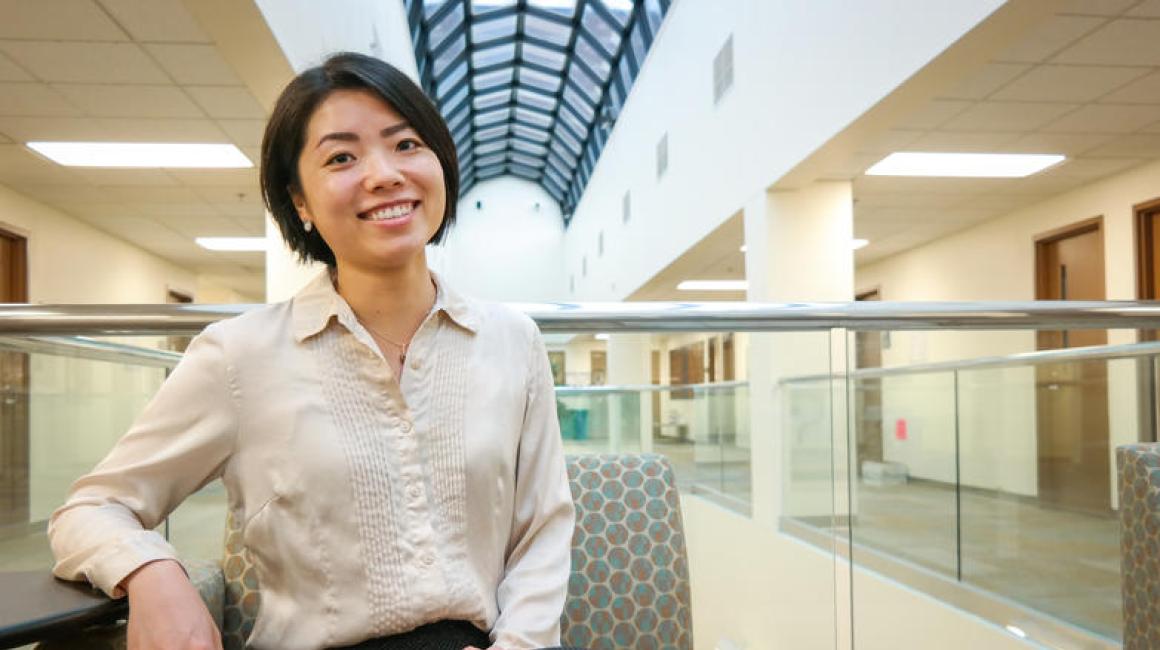
Industry partnerships are one of the key lifelines for engineering research at universities. But because such collaborations are often rooted in years of old-fashioned, low-tech human networking, they can prove an elusive target for younger faculty.
So a couple of years ago, Ford Motor Co. and UM-Dearborn designed a program to give the university's emerging class of engineering and computer science talent a leg up. Launched in 2017, the Ford Summer Sabbatical pairs Ford research teams with UM-Dearborn faculty for short-term summer projects.
Janice Verkerke, one of the organizers of the program at Ford, said these sabbaticals allow the company to leverage outside academic expertise and seed new research relationships. For faculty, it’s a chance to get their foot in the door, do some concentrated applied research and connect with Ford experts who share their research interests.
In all, nine UM-Dearborn faculty signed on for this summer’s program, hosted at Ford’s Research and Innovation Center, where they lent their expertise to a range of projects.
“As an academic, it’s really rewarding to be able to engage in theoretical research,” said Xi Chen, an assistant professor in the department of Industrial and Manufacturing Systems Engineering, who spent the summer building mathematical models for engine performance and investigating real-time methods for autonomous vehicle control.
“But in a setting like the summer sabbatical, it’s all about how that translates to solving real problems and exploring contexts that might be completely new to you. So to see your work and expertise translated into practice like that is a very positive experience.”



